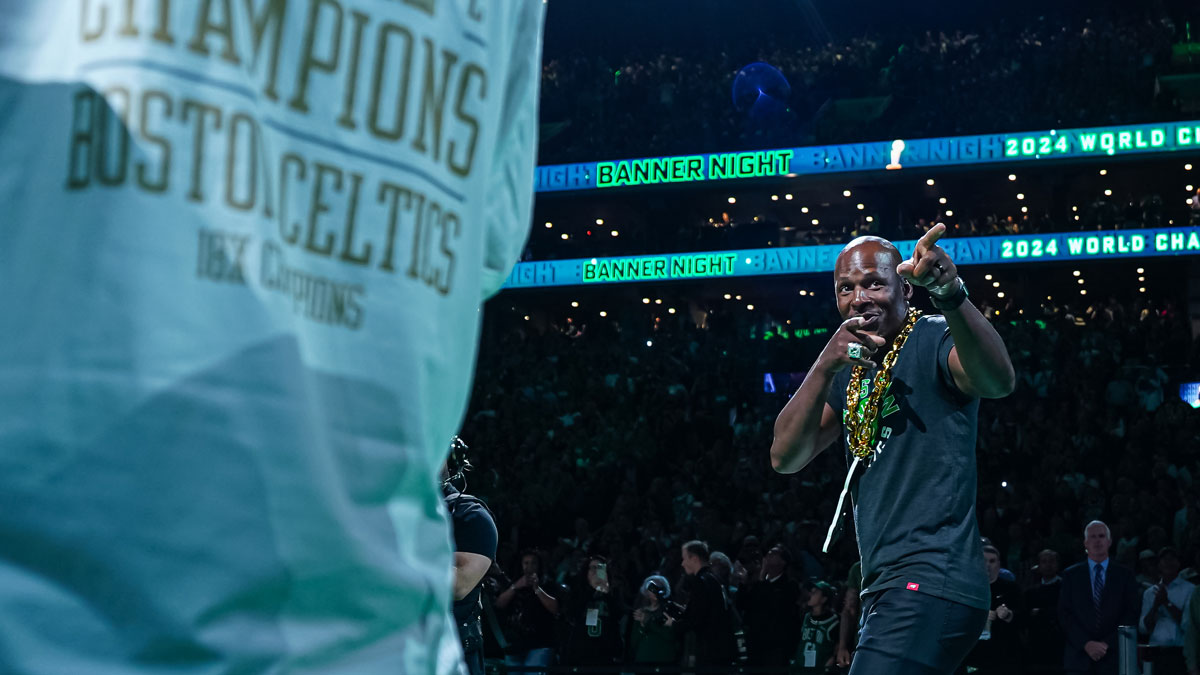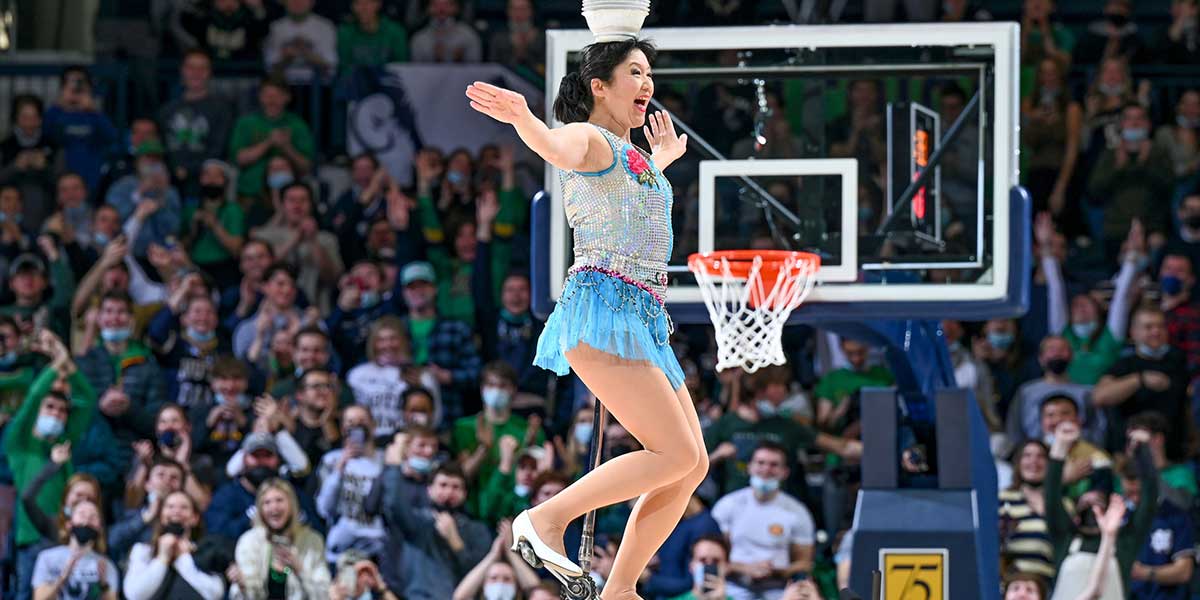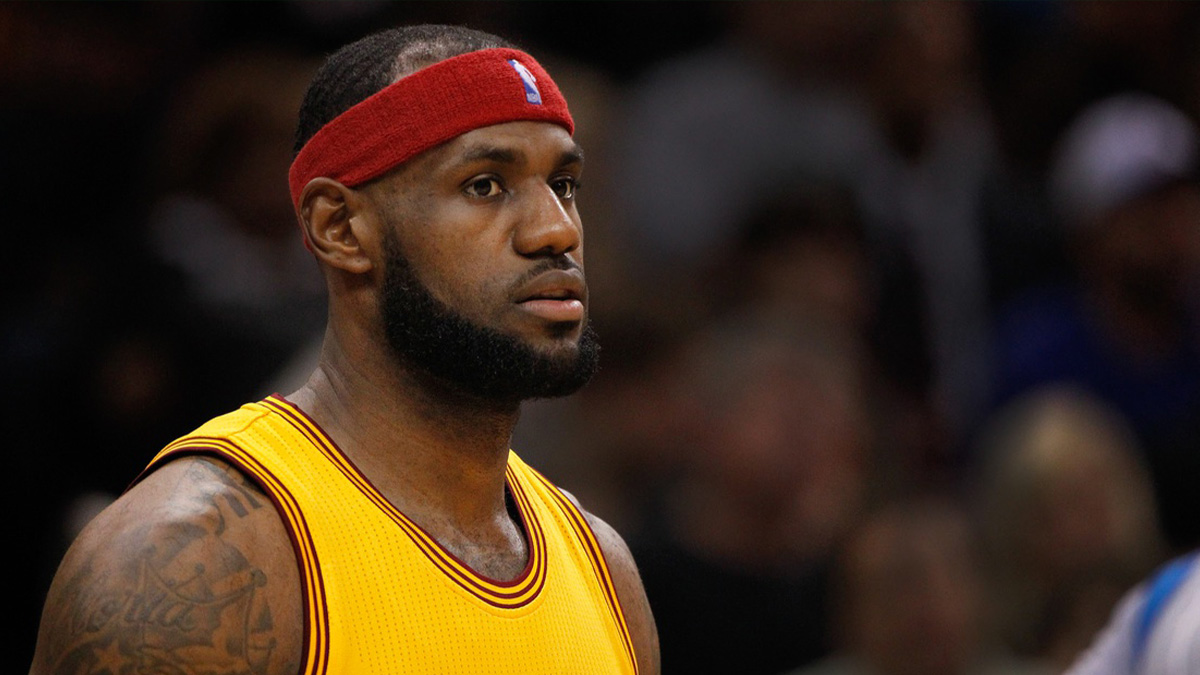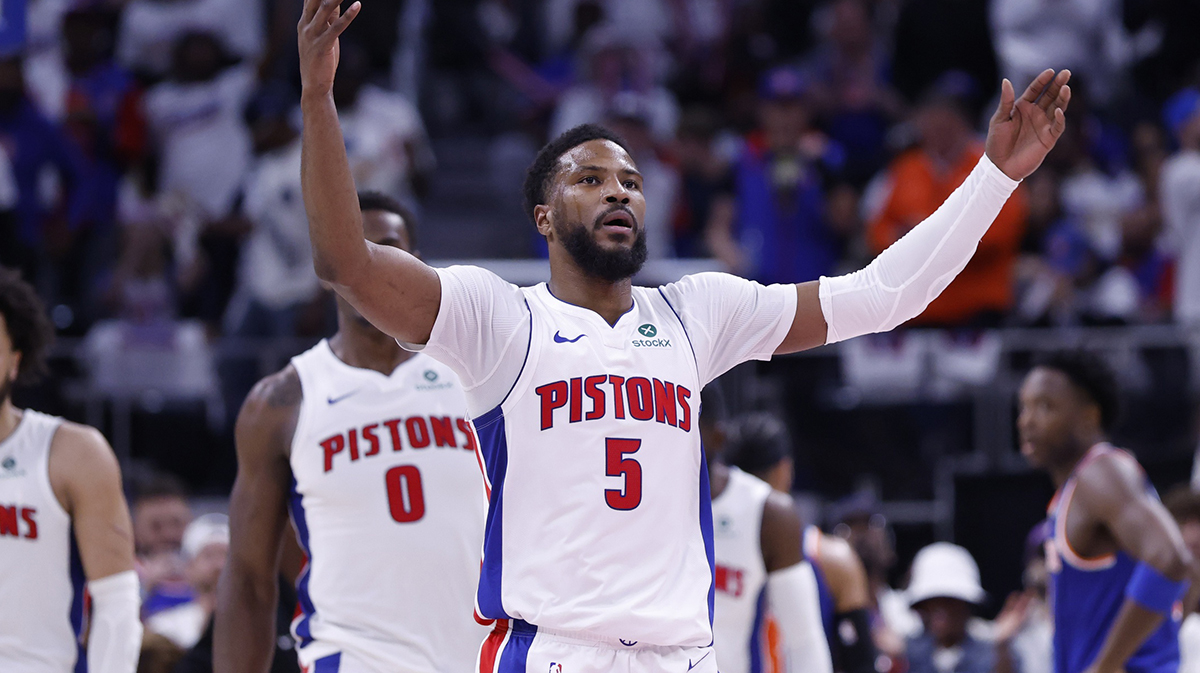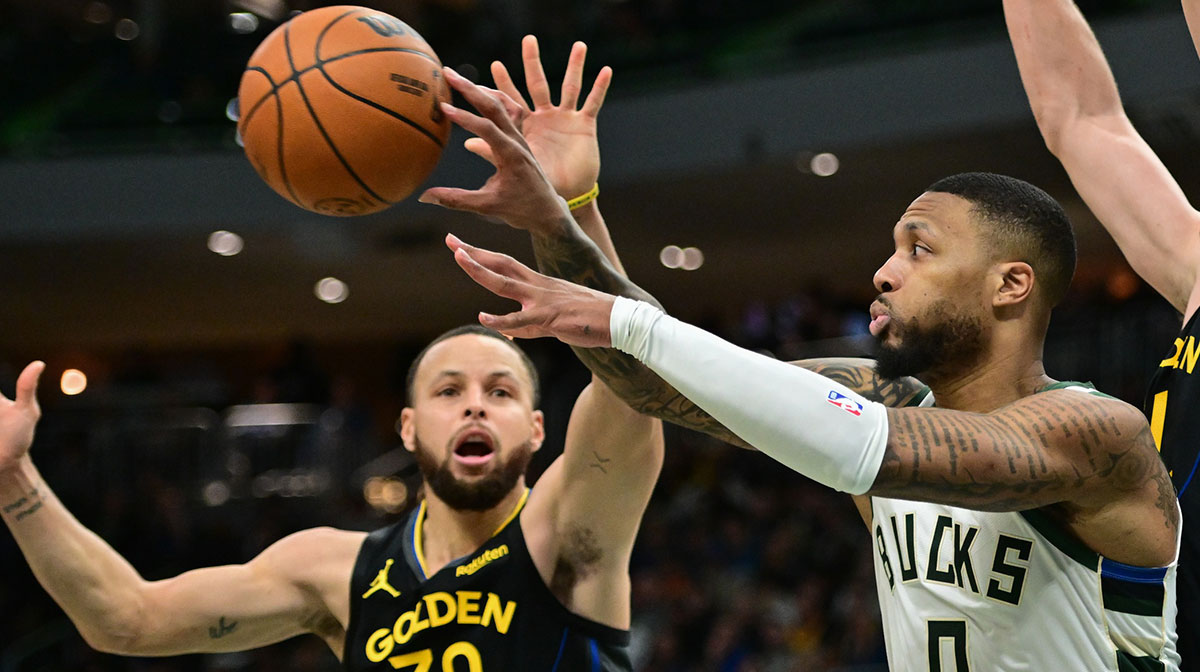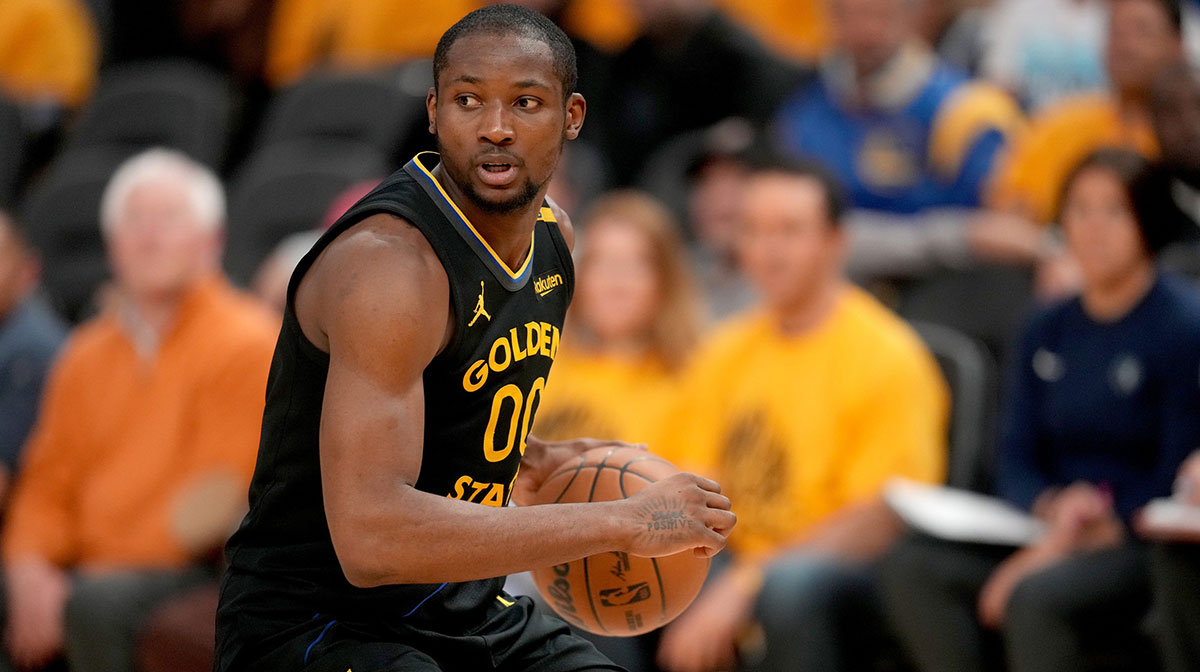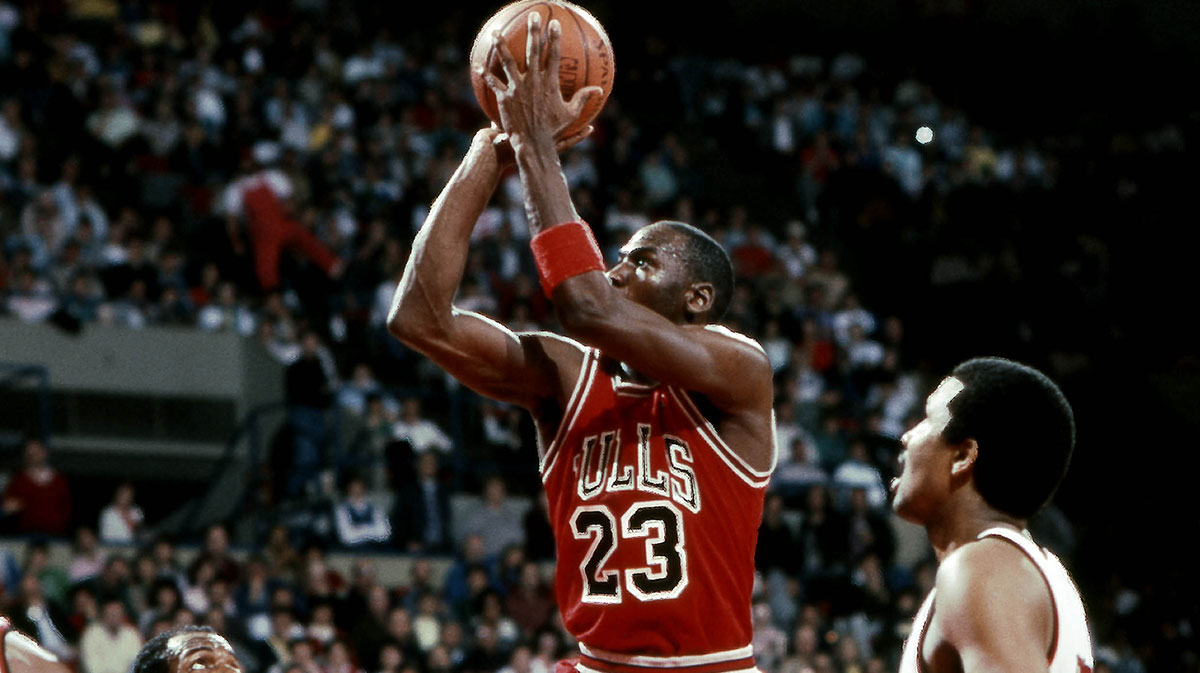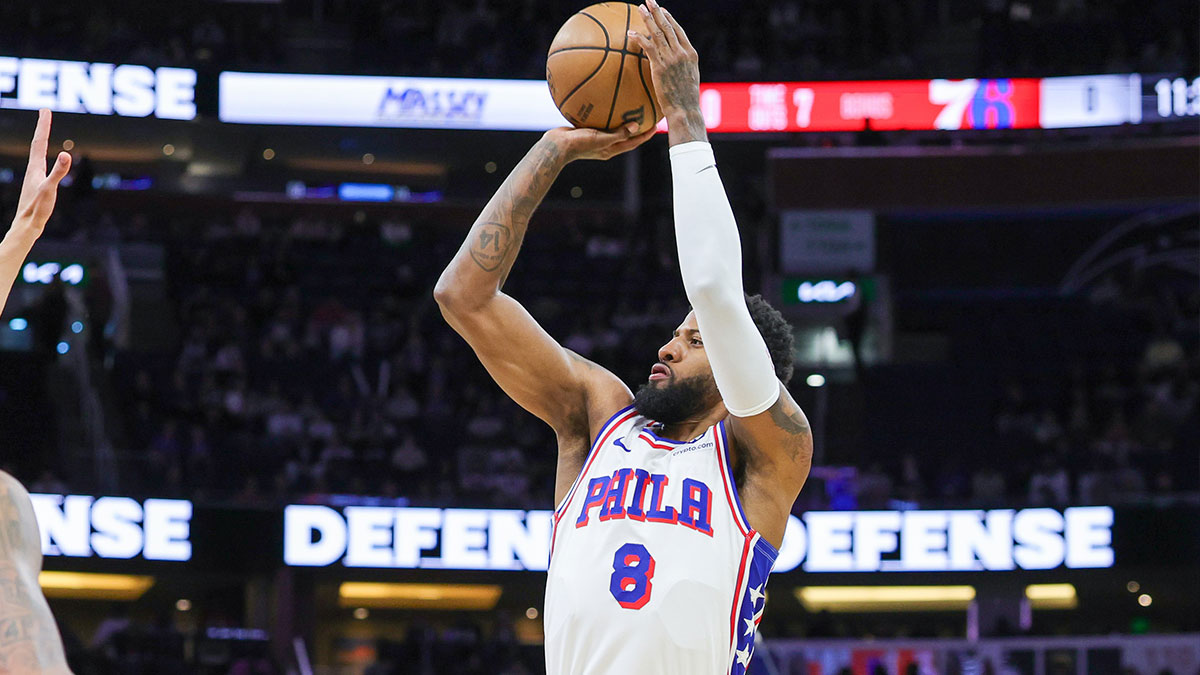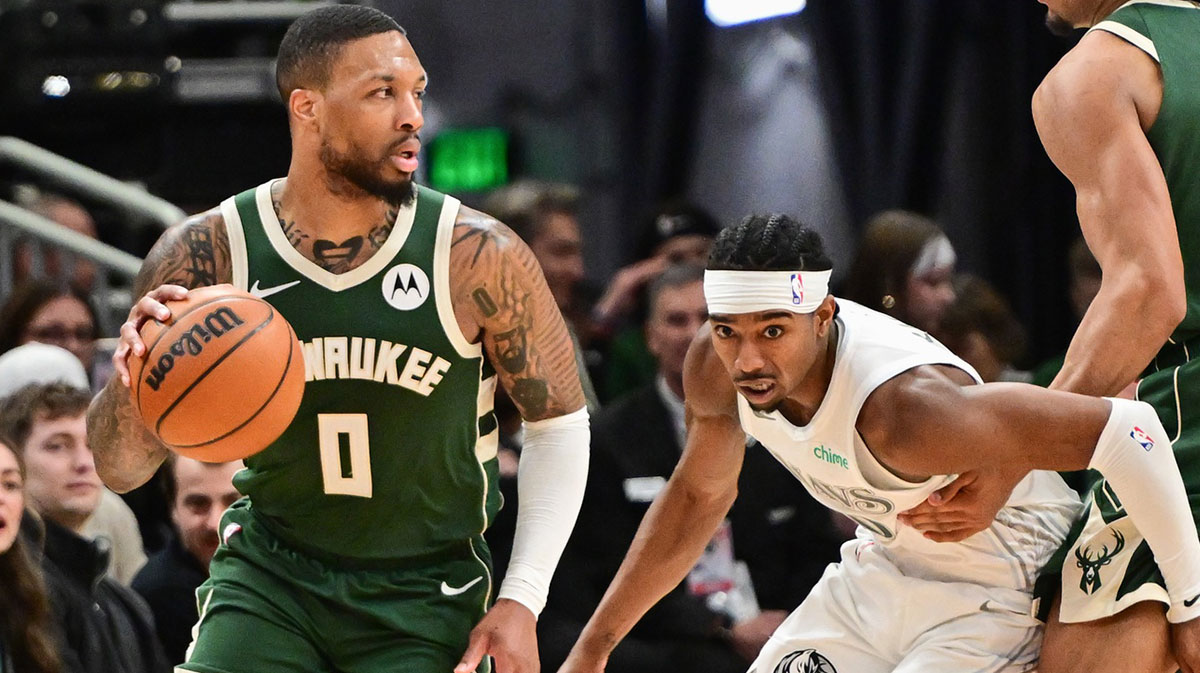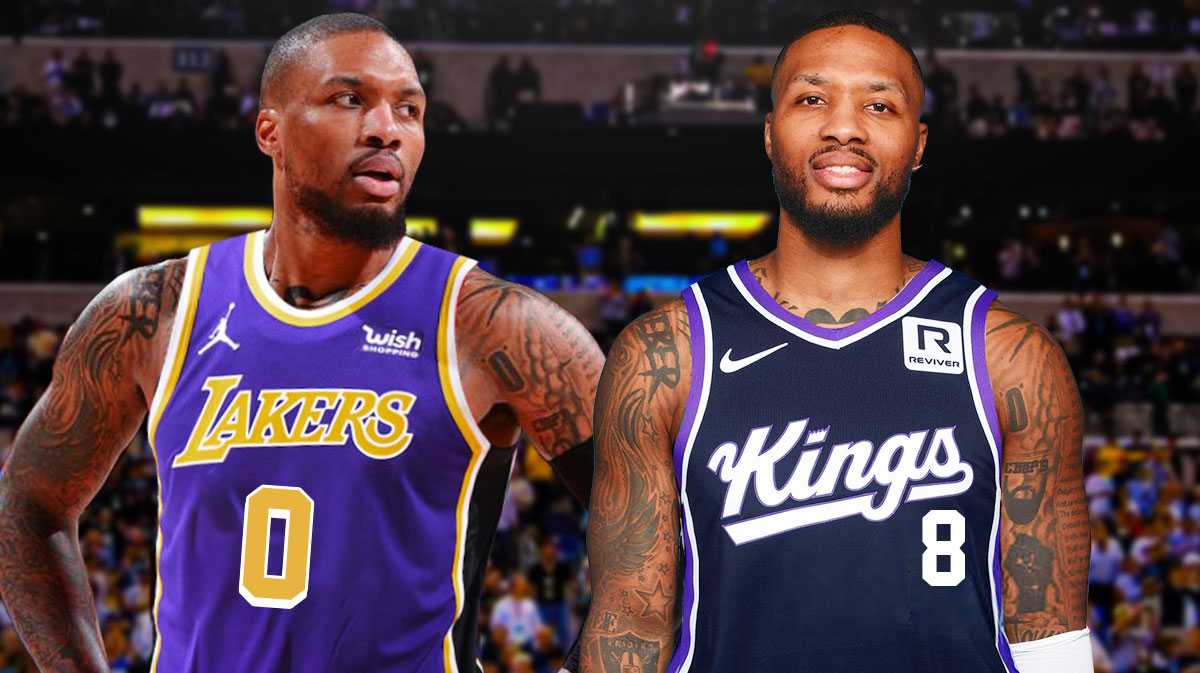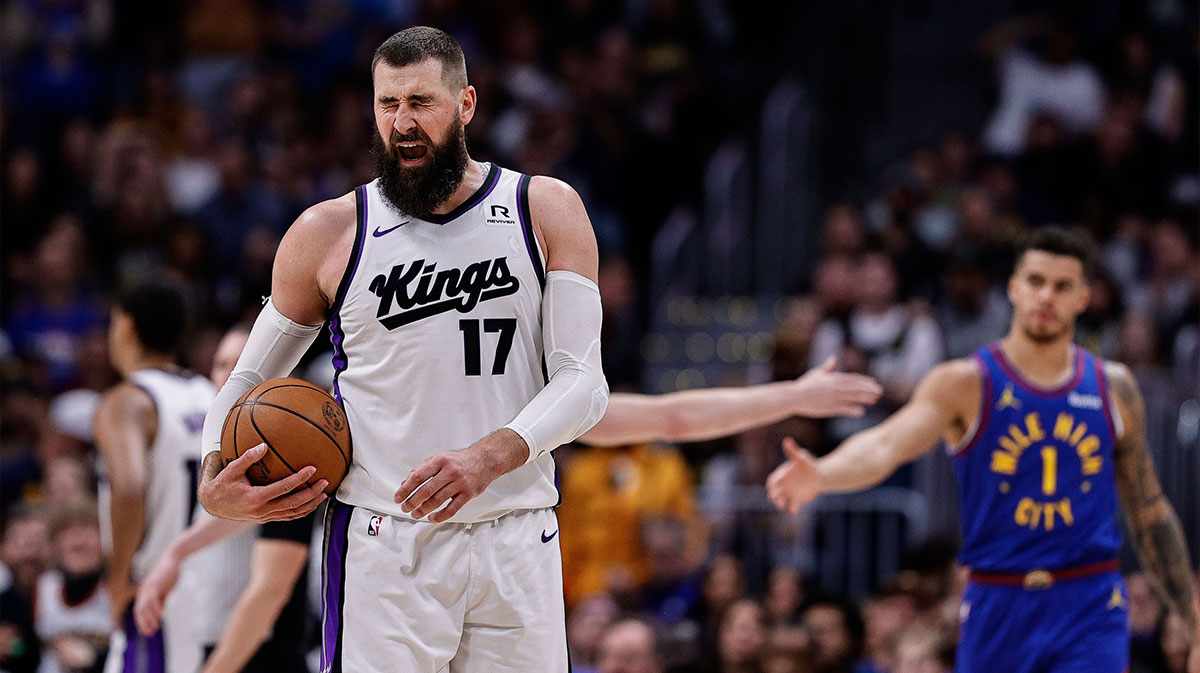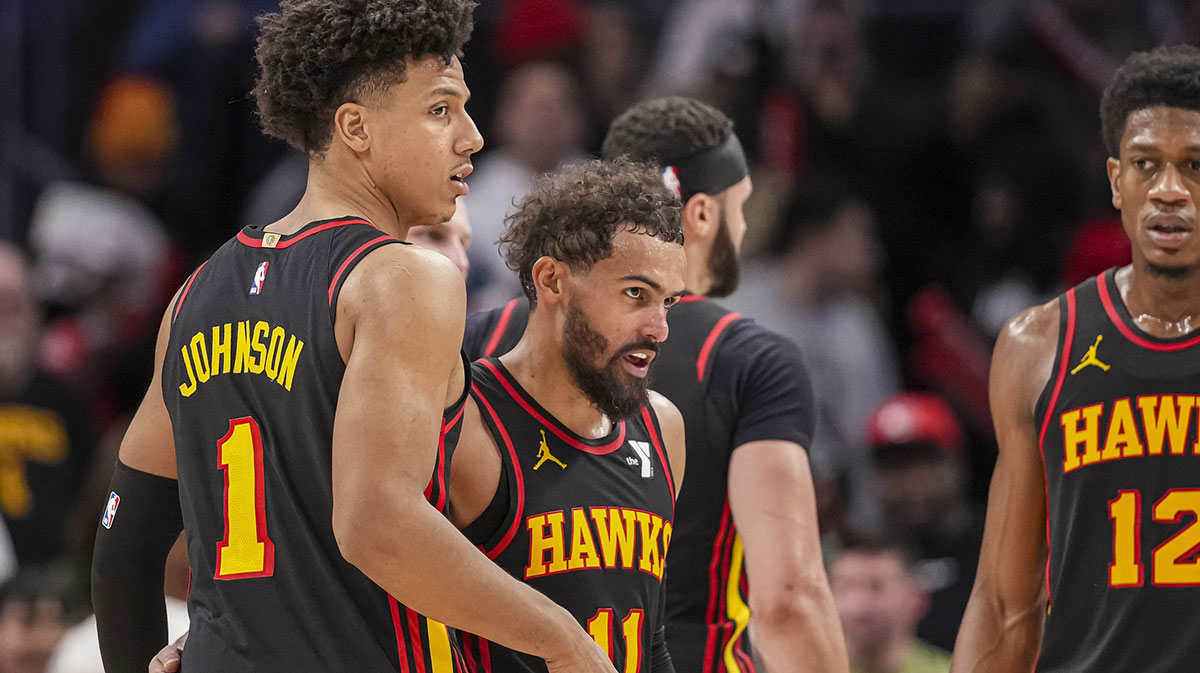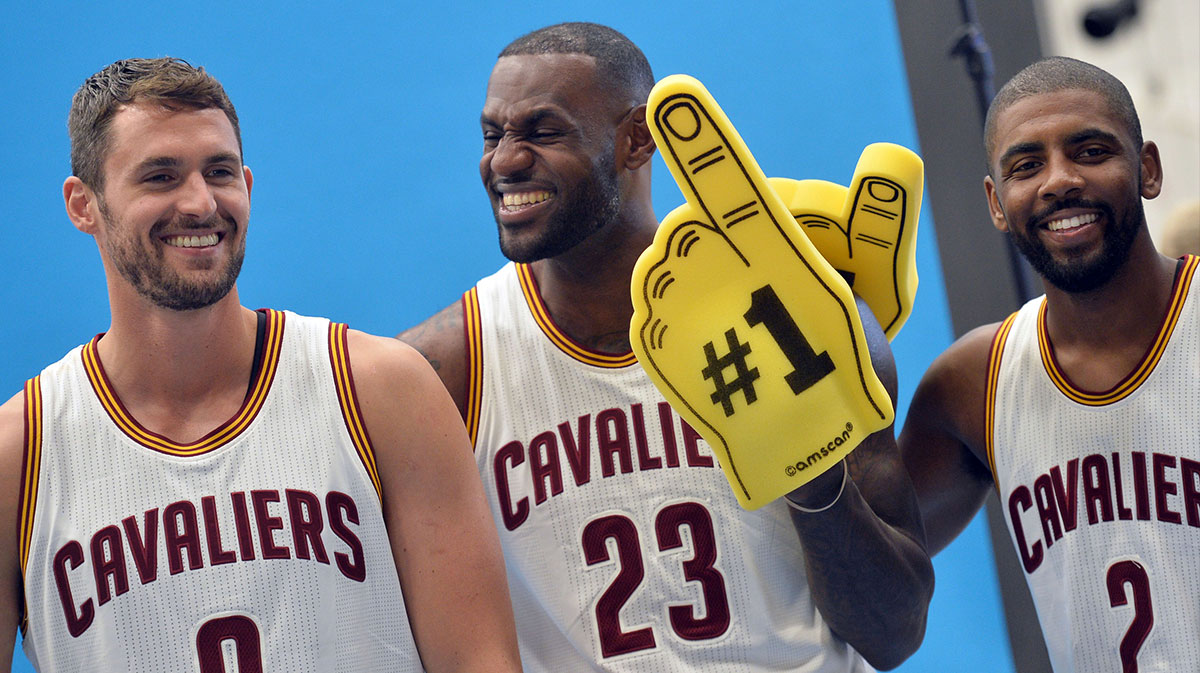The general consensus is that Duke forward Zion Williamson will be the No. 1 pick in the upcoming NBA Draft, and rightfully so. Williamson has been playing at an extremely high level and is one of the most unique prospects we've ever seen. With that said, Williamson's 2018-19 campaign has overshadowed the play of his teammate, R.J. Barrett, who also has the potential to be a franchise player in the NBA.
Barrett was actually the consensus No. 1 prospect coming into this season, but Williamson has stolen the show in Durham. Averaging 21.6 points, 8.8 rebounds, 2.2 assists, 2.2 steals, and 1.8 blocks in 28.2 minutes a night, Williamson has been one of the most captivating storylines in college basketball. Whether it be his ability to dominate in the post, finish relentlessly inside, hit the boards, run the floor, sky above the rim, or play lockdown defense, he has the skill set to be a star in the NBA.
The problem is a conclusion has been drawn that Williamson is the only player an NBA team should consider taking with the top pick. This is a product of two elements: 1) he plays at Duke, which is one of the most-renowned schools in the nation and 2) anything he does is a headline, and it has become over the top.
If Williamson has an emphatic block, performs a highlight-reel dunk, or simply has a good game, it's a top story. If he goes to the bathroom for more than 10 minutes, there are reporters outside the door waiting to ask questions.
Williamson is worthy of receiving more attention than any other player in college basketball, but it has reached the point where he's the only story in the sport. Many top-tier prospects have been tossed to the side because their skill sets aren't as flashy as that of Williamson, and Barrett is the perfect example.

Much like Williamson, Barrett is having an extraordinary season. Averaging 23.3 points, 7.5 rebounds, and 4.1 assists in 34.3 minutes per game, the freshman has been one of the most productive players in the sport. He can get to the rim with ease, absorb contact and finish, serve as an offensive focal point, play lockdown defense, and is quick. So, why is he not getting the attention that play merits? It's simple: he's not 6-foot-7 and 285 pounds. Barrett is 6-foot-7, 202 pounds, and doesn't do anything unnatural — in a positive way — with his frame.
Now, the argument could be made that Barrett benefits from Williamson's presence based on how he attracts the majority of opposing teams' attention. At the same time, wouldn't Barrett and Williamson have to adjust their games if they were split apart? If a player gets double- or triple-teamed on every possession (which teams could do if Barrett and Williamson weren't on the same team), their offensive impact is going to lessen, no matter how difficult they are to defend in a one-on-one set.
How is there no risk in drafting Williamson? He just suffered a knee injury in Duke's Wednesday night loss to the North Carolina Tar Heels, and he's still 6-foot-7 and 285 pounds. While his stature can become a nauseating discussion, it matters. When you look at a player that size, you'd figure they'd live in the paint and do little out on the perimeter, or run the floor for that matter. But Williamson does what you wouldn't expect, and he's unique in that he has few weaknesses, outside of being an inconsistent outside shooter.
Concurrently, to expect someone of his frame to experience a relatively healthy career and play at a high level on a consistent basis is a tall order. Plus, what guarantee is there that Williamson thrives in the NBA?
To this date, there have been little to no players at Williamson's size with his precise skill set. Maybe he could serve as an undersized center, but it's not a sure thing that the Duke standout will be able to keep up his style of play at the next level. On the other hand, there's little to no doubt about that aspect of Barrett's future.
In a league driven by point guards and two-way forwards, Barrett can thrive early on in his NBA career. He plays both ends of the floor, is physical, athletic, and can contribute offensively without the ball in his hands. If you have an elite point guard, two premier forwards, or some combination of those players, you're going to win a lot of games in the NBA. What's wrong with drafting arguably the best wing in the draft with the No. 1 pick?
If Barrett were playing at a different school and putting up these numbers, he would be garnering more attention for the No. 1 pick. And who's to say that teams don't view Barrett as a franchise player themselves?
Would a core of Devin Booker, Deandre Ayton, and Barrett not give the Phoenix Suns reason to be optimistic? Would the New York Knicks be in a dark place if they paired Barrett with Kevin Knox? Would it be impossible for the Cleveland Cavaliers to find success down the road with Barrett and point guard Collin Sexton? Would a duo of Trae Young and Barrett instill negativity into the Atlanta Hawks' front office? Would selecting Barrett be a blow to the Chicago Bulls? Of course not, he would be a tremendous pickup for any of those five teams.

It's also important to keep in mind how often the No. 1 pick pans out to be the best player in their respective draft class. Has Ayton been the clear-cut best player in last year's draft? Is Markelle Fultz the most successful player of the 2017 draft? Has Andrew Wiggins become a two-way superstar? Where is Anthony Bennett today?
No college player is guaranteed to have success in the NBA; this applies to Williamson, Barrett, and any other individual who declares for the draft. Williamson is the most intriguing player in college basketball this season, but Barrett also has the tools to be a star and has a more predictable future than Williamson based on his steady and reliable skill set, which is more likely to translate into success early on in one's NBA career.
Whichever team selects Barrett will be getting a player who can man a prominent role in an offense. But the reality is that with Zion Williamson by his side, R.J. Barrett will only continue to be looked at by the majority of the country as a viable NBA prospect who is the second-best player on his team, which is an unfortunate circumstance.

